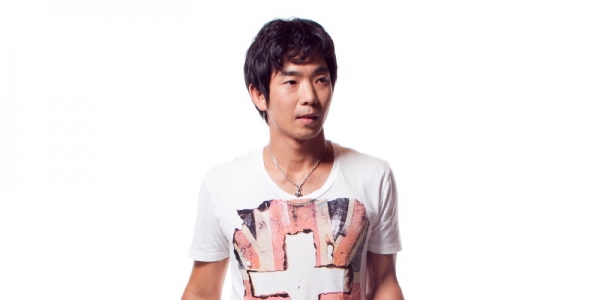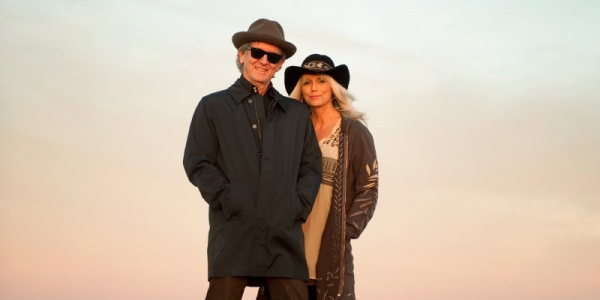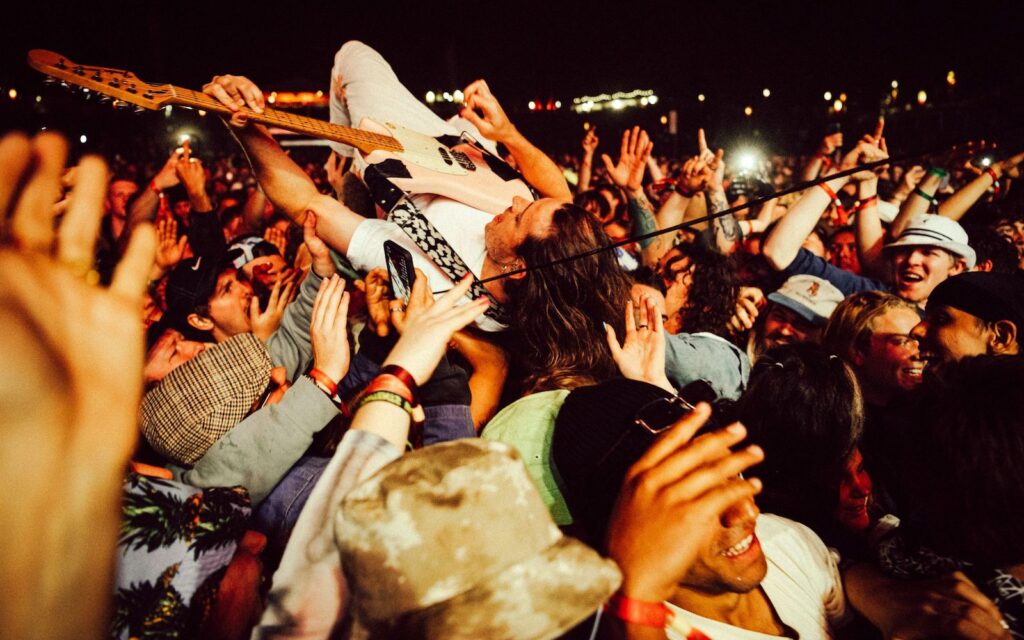Over 11 million views later, and Shimabukuro’s name is now synonymous with the ukulele. Yet contrary to popular belief, that video did not launch Shimabukuro’s career. His first solo full-length, Sunday Morning, was released in 2002, and Shimabukuro has released records at a fairly prolific rate since.
In the process, Shimabukuro has turned on an entire new generation of fans to the ukulele. Though he makes great efforts to include his interpretations of pop music on his records as well as his own compositions, he still doesn’t believe it’s his responsibility to introduce the ukulele to the world.
“I love sharing my passion for the instrument with people of the world,” says Shimabukuro, reached on the phone from a tour stop in Berkeley, California. “It’s a dream come true. I never really thought about the need to introduce people to the ukulele.”
Instead, the ever humble Shimabukuro believes there are others making inroads just as credible. “I definitely credit people like Eddie Vedder, or Train, these are people who are really exposing the instrument to a new generation. A lot of Eddie Vedder’s fans wouldn’t necessarily go to a ukulele concert, but he’s bringing it to them, and people are becoming aware. Even a song like Train’s Hey Soul Sister did so much for the instrument because it was such a massive song. And that’s great.”
Often associated with benign Hawaiian sunsets, the ukulele is an instrument that projects a certain peaceful state of mind. Throughout his 11 studio albums, Shimabukuro has done just that – project a comforting aesthetic.
“It all makes me smile because I enjoy showing people the different sounds of the instrument. It’s capable of a variety of genres, even though I embrace the traditional Hawaiian method.”
The traditional Hawaiian method Shimabukuro favours was given a cinematic push on Grand Ukulele, his latest full-length. Featuring a large collection of backing musicians and a more fleshed out approach, Shimabukuro has had to find a balance on his latest tour, as he continues to perform on his own onstage. He credits the transition to a man who favours cinematic approaches to making records, a man that at first might’ve seemed like a strange choice for Shimabukuro to work with.
“It’s definitely different playing these songs solo without the people I had on the record. It wasn’t that difficult of a transition, however. The record was produced by one of my heroes, the great Alan Parsons. When Alan and I were working on the record, he wanted me to perform each song on the record as if it were indeed a solo piece.
“And once I came up with the solo arrangements, we decided what to do to surround the ukulele,” he continues. “When it came time to perform these songs, I just stuck to the original arrangements and it worked. It’s really nice with the orchestra and the rhythm sections, sure. But I’ve been able to perform them both as solo pieces and with the rhythm and orchestra sections. They have their own unique character to them.”
Now a cagey veteran when it comes to writing and recording, Shimabukuro insists there was no fear about working with Parsons. Shimabukuro’s past releases have favoured a bare bones approach, whereas Parsons is legendary for making cinematic records. Evidently, the two gelled perfectly.
“I was just extremely excited to work with him,” he says in earnest. “Sure, I was nervous, but I went into the project with an open mind because it was a once in a life-time opportunity. I wasn’t so worried that he was going to change my sound or interpret the music differently. I just wanted to get a lesson from the master. And I sure did learn a lot,” he says with pride.
BY JOSHUA KLOKE







